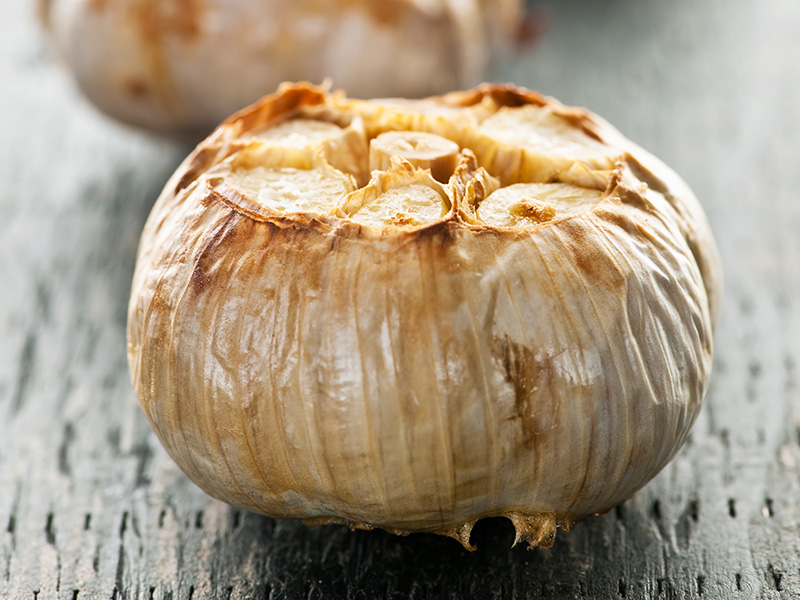It's easy to get answers about health and nutrition! Just send your question by email to [email protected] and Dr. Harlan will respond to selected questions of general interest. Answers will be posted in the Ask Dr. Gourmet newsletter (sign up now!) and archived in the Ask Dr. Gourmet section of the website.
Please note that the Ask Dr. Gourmet feature is restricted to questions regarding food and nutrition. Due to the many questions we receive, not all questions may be answered. For more specific questions about your individual health, please contact your doctor. About Timothy S. Harlan, MD, FACP, CCMS | Terms of Use | Privacy Policy
Ask Dr. Gourmet
Isn't it true that garlic CAN interact with Coumadin (warfarin)?
I came across your advice to a reader [here and here], worried if those on Coumadin (warfarin) should avoid garlic. You said that there's no interaction between warfarin and garlic, which is not true.
Garlic does not contain vitamin K so it doesn't decrease warfarin's effect, but doctors recommend being careful with garlic usage, since many studies suggest that garlic can increase the effect of warfarin, i.e. thin the blood (at it worst this could cause internal bleeding). If patient's INR levels stay within limits, the patient should stick to the amount of garlic they're consuming. However, sudden increase or decrease in garlic intake is not recommended: intake should be steady. It would be great if you could add this note to that column!
Dr. Gourmet Says...

There is no clear evidence that garlic interacts with Coumadin (warfarin) to cause problems with the bio-availability or effectiveness of the drug.
The evidence that we do have indicates just the opposite. Here are some studies from the literature that support no significant problems:
There have been many ingredients implicated in poor control of anti-coagulation while on Coumadin. While it is clear that a high variability in consumption of Vitamin K-rich ingredients can be problematic, others have been increasingly disproven as being a problem, including garlic.
Casual, dietary consumption of garlic has not been proven to be harmful (or even offer the benefits that people claim). Garlic supplements, however, should probably be avoided because the supplement industry is unregulated and manufacturers may include almost anything in their products. As such, avoiding herbal products of all kinds is essential while taking warfarin.
This is a very good article that evaluates the problems associated with use of unregulated herbal and other supplement products:
Thanks for writing,
Timothy S. Harlan, MD, FACP, CCMS
Dr. Gourmet
